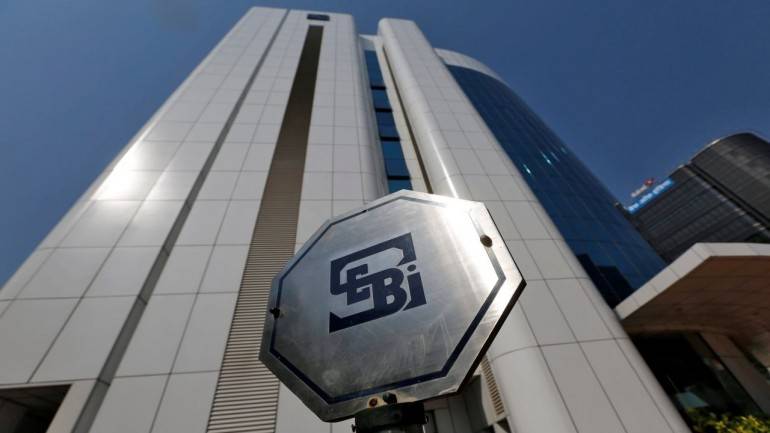The regulator has recommended measures to government to ensure independence of PSEs from the administrative ministry and create an autonomous environment.
Unhappy with governance standards in public sector enterprises (PSEs), the Securities and Exchanges Board of India (SEBI) has recommended seven measures to improve their functioning.
The measures include ensuring the independence of the PSE from the administrative ministry and creating an autonomous environment. SEBI’s board has agreed to send a copy of the recommendations to the government for necessary action.
The measures were presented to the board on March 28.
"All listed entities, government or private, to be at par on governance standard. So, all listed PSEs should be compliant with LODR [Listing Obligations and Disclosure Requirements],” the regulator said in its presentation. Under LODR, stock exchanges need to be informed of every price sensitive information, as and when it happens.
The board also felt that PSEs should act on par with private companies under LODR.
It also asked the government to assess and examine broader issues concerning ownership structure so that PSEs can function in the best interest of stakeholders.
“If the government and PSEs management create such environment then certainly [it will] enhance the value of the national asset. However, we should make a timeframe for creating such an environment,” a source close to the development told Moneycontrol.
SEBI’s board has referred the recommendations to the government for feedback and necessary action.
Independent boards
SEBI’s recommendations are focused on the boards of PSEs.
“In the past, we have seen politicians taking seats on the boards of public sector enterprises,” the source said.
SEBI recommended that the government consolidate its stake in listed public sector enterprises under holding entity structure by April 2020 along with ensuring that PSEs have an independent board with diversified skill sets.
Earlier, in compliance with the minimum public shareholding of 25 percent, PSEs were given an additional year’s time, which will end in August 2018